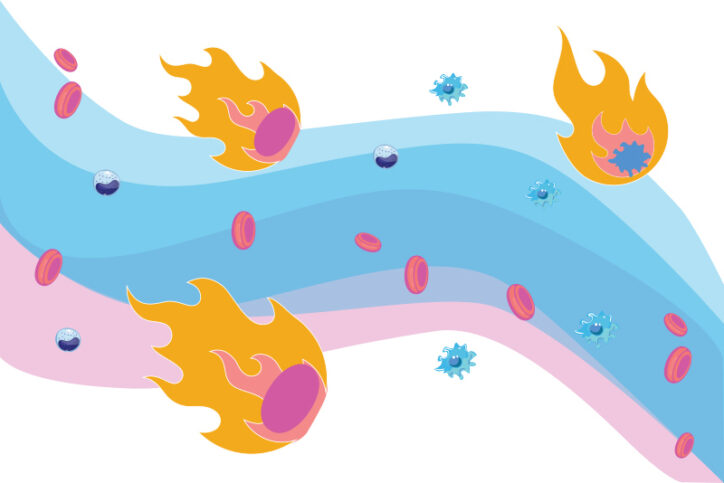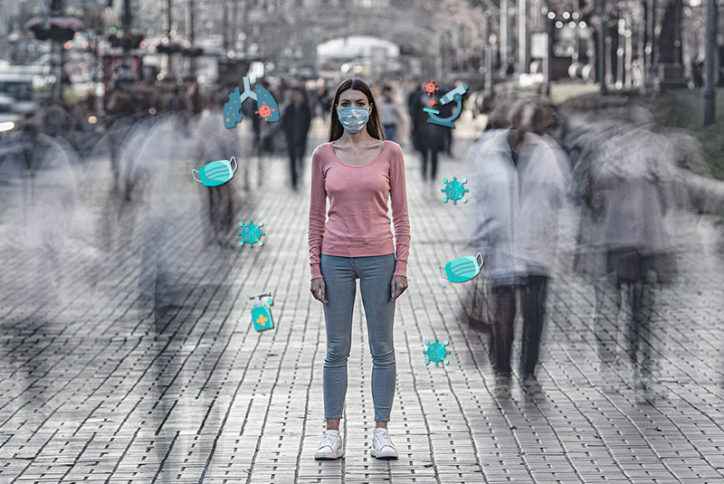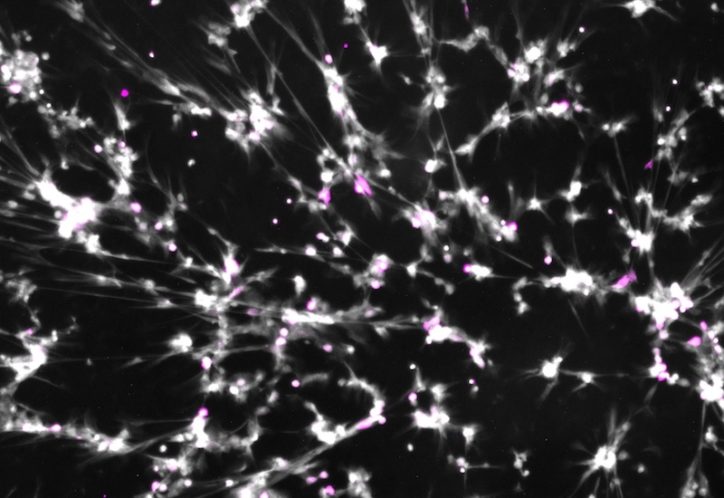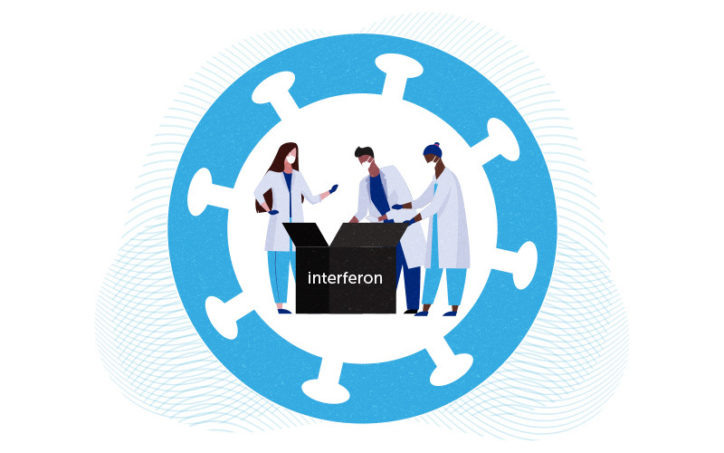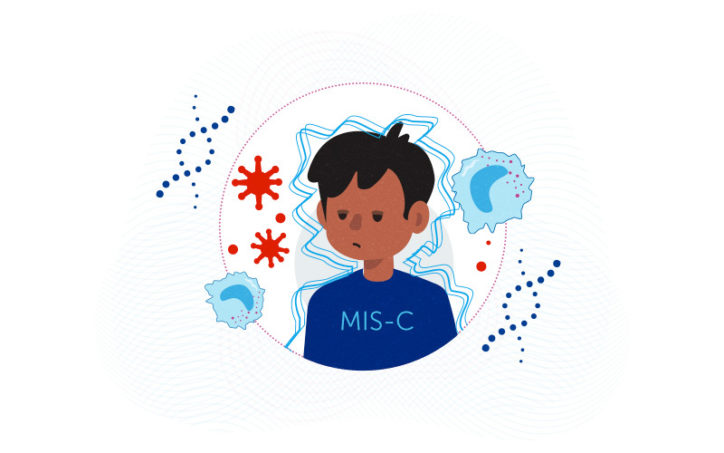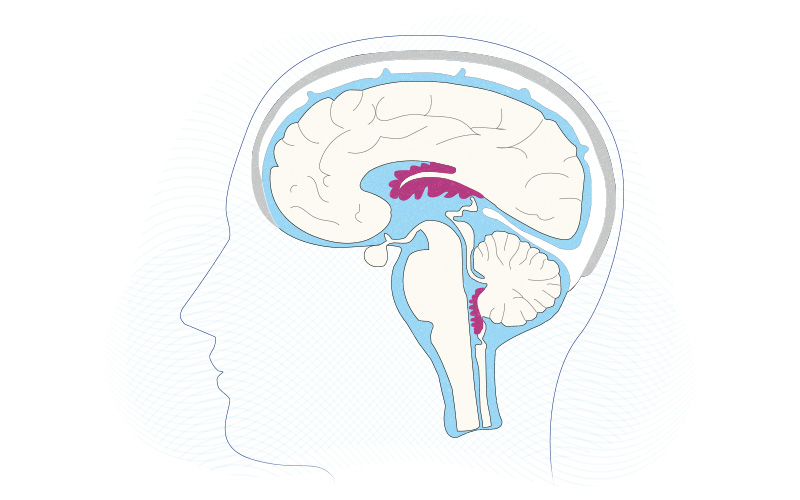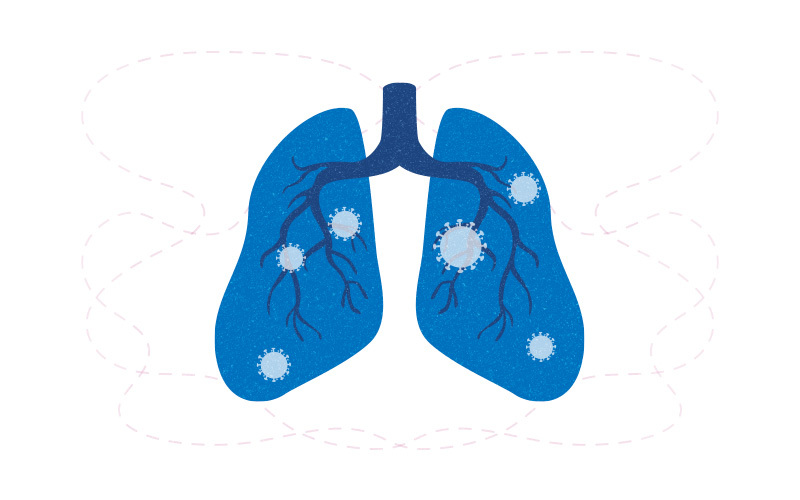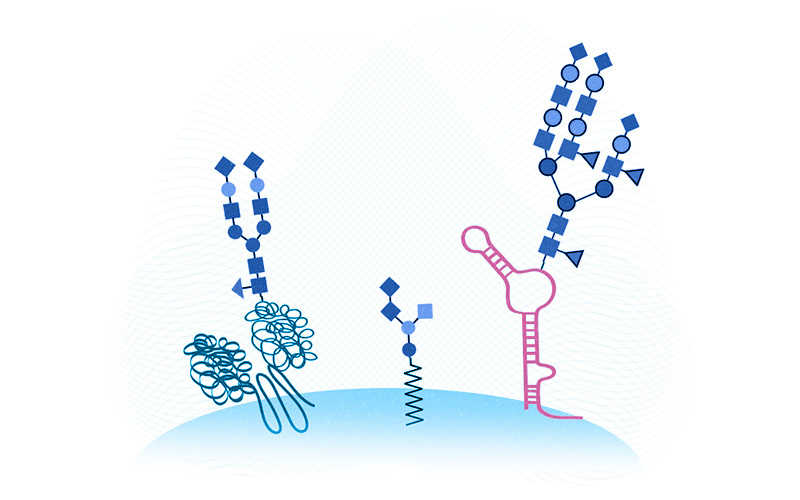Archive for immunology
How COVID-19 triggers massive inflammation
Why do some people with COVID-19 develop severe inflammation, leading to respiratory distress and damage to multiple organs? A new study in the journal Nature provides an explanation: the SARS-CoV-2 virus infects and kills critical immune cells in the blood and lungs, which set off powerful alarm bells as they die. Judy Lieberman, MD, PhD, ... Read More about How COVID-19 triggers massive inflammation
From our labs and clinics: The top 10 COVID-19 science stories of 2021
As COVID-19 waxed, waned, morphed, and waxed again this year, research was taking place throughout Boston Children’s Hospital. Ongoing national studies the hospital is leading or co-leading include Overcoming COVID-19, a CDC-funded study on COVID-19 and multisystem inflammatory syndrome in children (MIS-C); IMPACC, examining immune responses in people hospitalized with COVID-19; and MUSIC, studying MISC’s ... Read More about From our labs and clinics: The top 10 COVID-19 science stories of 2021
New research NETs a fresh angle for treating severe inflammation
As we’ve seen during the COVID-19 pandemic, serious infections sometimes trigger an excessive inflammatory reaction that does as much harm — or more — than the infection itself. New research at Boston Children’s Hospital and Brigham and Women’s Hospital suggests a potential way to block this hyperinflammation response by repurposing or modifying an existing drug. ... Read More about New research NETs a fresh angle for treating severe inflammation
Unpacking the body’s interferon response to COVID-19
Interferons are potent natural antivirals, rallying other parts of the immune system to defend against viruses. Some clinical trials have tested interferons as a treatment for COVID-19, but results have been mixed. And the science has been unclear about whether interferons are helpful or harmful. Key takeawayAn early, protective interferon response in the upper respiratory ... Read More about Unpacking the body’s interferon response to COVID-19
Why do some children get MIS-C after COVID-19? Some early clues
Several months into the COVID-19 pandemic, a small number of children began to develop a cluster of mysterious symptoms. These included rashes, red eyes, gastrointestinal symptoms and, most worrisome, heart problems. Why does this serious illness, now known as multisystem inflammatory disorder in children (MIS-C), strike some previously healthy children? And who is most at ... Read More about Why do some children get MIS-C after COVID-19? Some early clues
Why do some people get severe COVID-19? The nose may know
The body’s first encounter with SARS-CoV-2, the virus behind COVID-19, happens in the nose and throat, or nasopharynx. A new study in the journal Cell suggests that the first responses in this battleground help determine who will develop severe disease and who will get through with mild or no illness. Building on work published last ... Read More about Why do some people get severe COVID-19? The nose may know
An ‘atlas’ of the choroid plexus across the lifespan
Once viewed merely as a producer of the cerebrospinal fluid (CSF) bathing the brain and spinal cord, the choroid plexus is now known to be a key player in brain development and immunity. These fronds of brain tissue, located in the CSF-filled brain cavities known as ventricles, secrete instructive cues into the CSF to regulate ... Read More about An ‘atlas’ of the choroid plexus across the lifespan
What drives severe lung inflammation in COVID-19?
A main feature of COVID-19 is lung inflammation and respiratory failure caused by an overexuberant immune response known as the cytokine storm. But why does the body produce such an excess of cytokine immune cells? New research from Talal Chatila, MD, of the Division of Immunology at Boston Children’s Hospital and colleagues provides some insights, ... Read More about What drives severe lung inflammation in COVID-19?
Tagged: coronavirus, immunology
Trusting their instincts: Gary’s parents find help for immune-mediated hepatitis
For Mercedes Hollingsworth and Gary Walker, Jr., trusting their parental instincts helped get their son Gary Walker III — affectionately known as GW — the care he needed. “We knew right away that something wasn’t right,” she says. “He just wasn’t a happy newborn. He looked miserable all the time.” Mercedes, who also has an ... Read More about Trusting their instincts: Gary’s parents find help for immune-mediated hepatitis
Tagged: immune disorders, immunology, liver disease
When worlds collide: Glycosylated RNAs upend cell biology as we know it
Cells in our body bristle with sugars known as glycans that other cells can recognize via specialized receptors. Glycans attach to and modify proteins and fats, thereby influencing how proteins fold, how cues are trafficked between cells, and other cell-to-cell interactions. As just one example of glycans’ importance, our blood types (A, B, O) depend ... Read More about When worlds collide: Glycosylated RNAs upend cell biology as we know it


